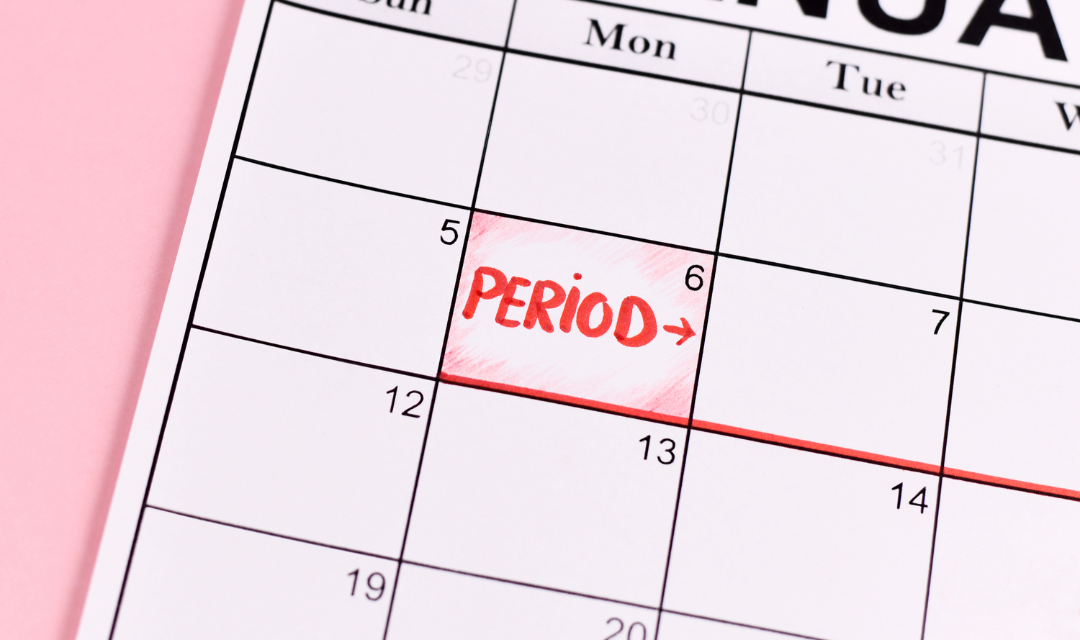Length of the Period: What to Look For?


Table of contents
When you're trying to get pregnant, understanding your menstrual cycle plays a key role in determining your fertility status. One important aspect that most women forget to monitor is the length of their menstrual period.
In this article, we'll explain how to calculate the length of your period, what's considered normal, factors that influence its length, and when you should seek medical advice.
How is the Length of the Period Calculated?
The number of days you bleed in a menstrual cycle represents the length of your period. While a menstrual cycle extends from the first day of your period to the day before your next period starts, the period only represents a few days in the whole cycle.
For example, if you notice that your bleeding completely stops on the 4th day of your menstrual cycle, this indicates that your period length this month is 4 days.
Just like the length of the cycle, the length of the period also varies from woman to woman, even month to month in the same woman. So, you don't have to worry if your period length changes a little this month. Your hormonal changes may be responsible for this, and there is a good chance you will get back to your regular period length next month.
What is Considered Normal?
The normal length of periods varies significantly between women, but most menstrual cycles fit into specific ranges. For instance, a period is normal if it lasts between 3 and 7 days. However, many women have shorter periods (2-3 days), while others have longer periods (up to 8 days), which is still perfectly normal for them.
A good strategy is to calculate the length of your periods for a few months and determine the range in which your period length falls. For example, if the period length of your last five menstrual cycles is 4, 5, 2, 3, and 4 days, your range would become 2-5 days.
If your period consistently falls within this range, it's considered normal. But every woman is different, so what is normal for you might not be normal for someone else.
What Can Affect the Length of Your Period?
Different factors can influence the duration of a menstrual period.
- Hormonal imbalances such as PCOS or thyroid disorders
- Age, as teenagers and women near menopause, often experience irregularities.
- Excessive exercise, extreme weight loss or gain, and stress can also affect your period length.
- Hormonal contraception can affect your period duration, sometimes making your period lighter or more regular.
When to Consult a Professional?
Here are a few reasons why you should visit your healthcare provider.
- If you are noticing persistent or significant changes in your period
- Heavy bleeding that requires frequent changing of pads or tampons
- Severe pain during your period that interferes with daily activities
Your healthcare provider will help diagnose whether there is any medical condition affecting your fertility and suggest appropriate procedures for treatment.
Other Important Information
Remember, it is perfectly fine that your periods become unpredictable at times because many physiological and psychological factors can be attributed to this phenomenon.
If you sense suspicious changes in your body or if your cycle has lost the regularity you've seen in the past, talk to a health provider.